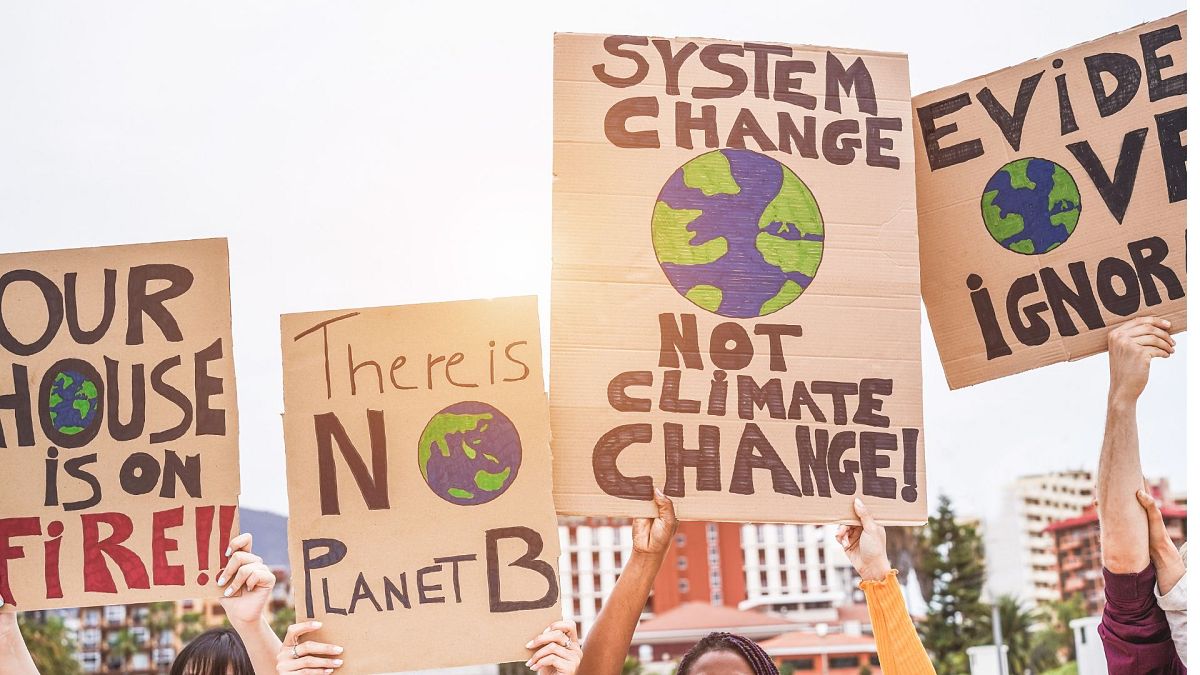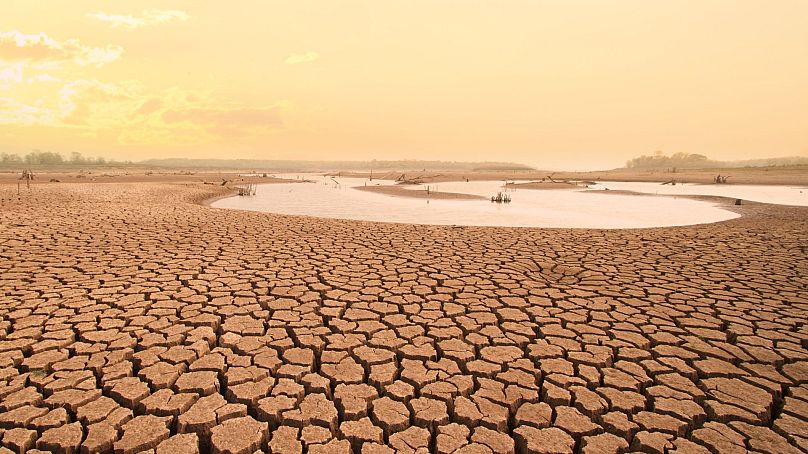Governments need to look at the “worst case scenario” outcomes of climate change, scientists have warned.
The risk that global warming could lead to human extinction is “dangerously under explored”, climate scientists have warned.
As the globe heats up and emissions continue to rise, a team of international researchers has urged governments to start paying attention to “worst case scenario” outcomes.
These include human extinction, mass climate migration and societal breakdown.
“Facing a future of accelerating climate change while blind to worst-case scenarios is naive risk management at best and fatally foolish at worst,” they write.
“Analysing the mechanisms for these extreme consequences could help galvanise action, improve resilience, and inform policy.”
This ‘climate endgame’ isn’t necessarily going to happen, the researchers write in the Proceedings of the National Academy of Sciences journal.
But a dearth of research around possible catastrophe leaves populations extremely vulnerable.
Is the world headed for climate disaster?
Under the Paris Agreement, governments aim to limit global warming to “well below” 2 degrees Celsius.
At 1.5 degrees warming, about 14 per cent of Earth's population will be exposed to severe heatwaves at least once every five years.
At 2 degrees warming that number jumps to 37 per cent.
There is not enough research on what happens beyond this point, warned Luke Kemp at the Centre for the Study of Existential Risk at the University of Cambridge.
If all existing greenhouse gas reduction pledges are fulfilled, the earth would heat by 1.9-3C by 2100. If current emissions trends continue, the range is 2.1-3.9C.
“We know least about the scenarios that matter most,” Kemp said.
“I think it’s highly unlikely you are going to see anything close to even extinction over the next century simply because humans are incredibly resilient.
“(But) even if we have a one per cent chance of having a global catastrophe, going extinct over the coming century…that is way too high.”
The authors of the article warn about the dangers of “compound hazards”. They use the example of a cyclone-destroying electrical infrastructure, leaving a population vulnerable to an ensuing deadly heatwave.
There is also the risk of “unknown unknowns” - tipping points that trigger irreversible climate outcomes we cannot yet foresee.
The researchers use the example of stratocumulus cloud deck loss. If high CO2 concentrations cause these clouds to disappear, the world could suddenly warm by roughly 8C.
“There are warnings from history,” the authors write.
“Climate change has played a role in the collapse or transformation of numerous previous societies and in each of the five mass extinction events in Earth’s history.”
The scientists urge the Intergovernmental Panel on Climate Change to prioritise a special report on the likelihood of climate catastrophe.




